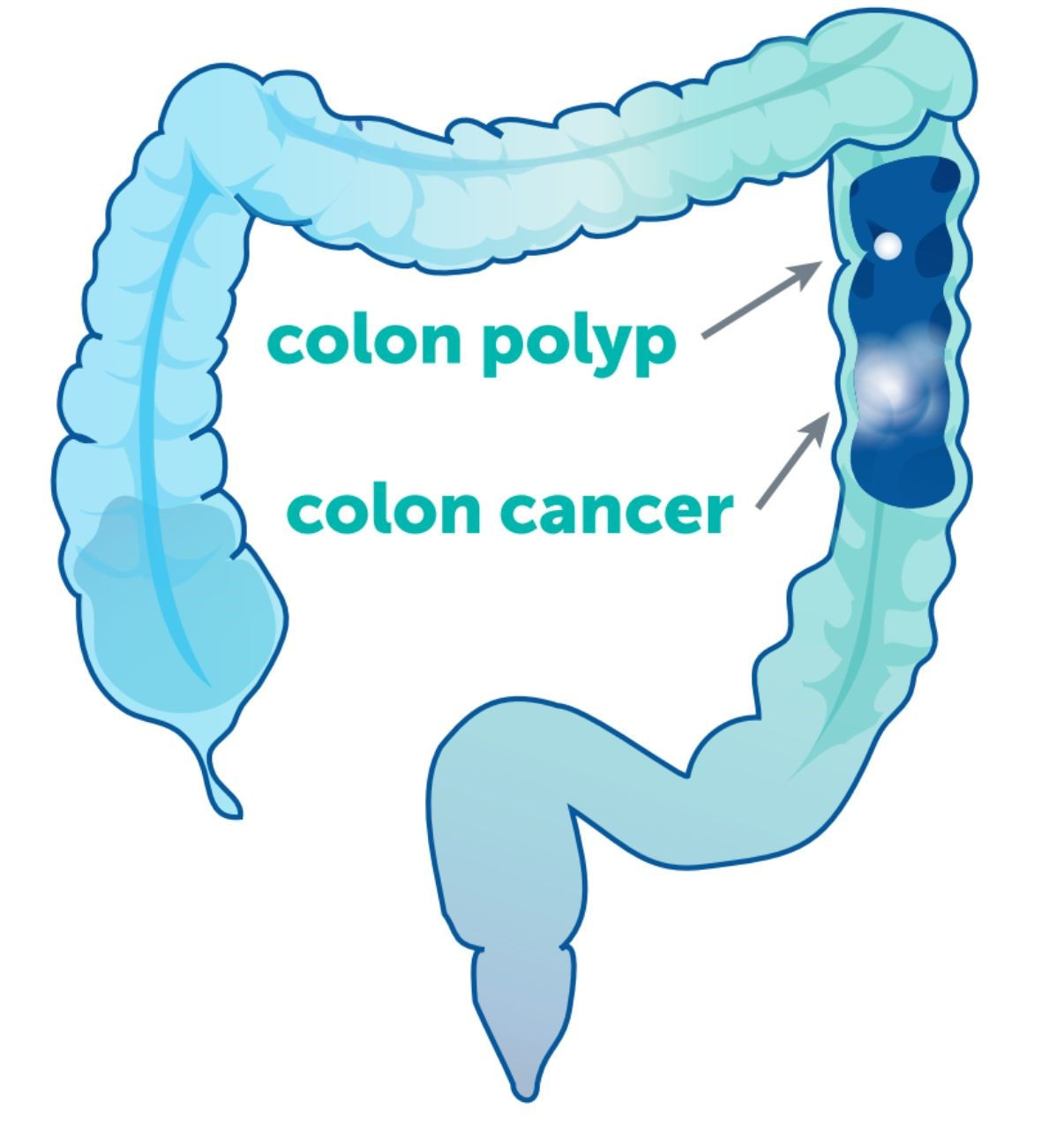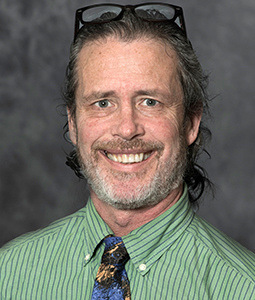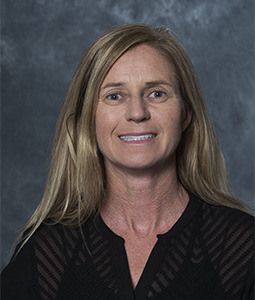
A unique approach to understanding colorectal cancer.
Using state-of-the-art technologies, our study seeks to understand how diet, physical
activity, and sleep can impact inflammatory markers, the gut microbiome, and ultimately
colon cancer risk. This is a potentially life-changing opportunity for participants
and someone else they care about.
Benefits
3 free reports using our body composition analyzer!
3 free dietary reports!
An opportunity to work with USC and Prisma Health to find ways to reduce health disparities
in our community!
By participaing in this study, you will receive high-value information available nowhere
else as well as a monetary incentive for completing the study!

Relevance
Colorectal cancer is the 4th most diagnosed cancer in South Carolina.
It is largely preventable with screening, regular physical activity, and a healthy
diet.
Visit the American Cancer Society to learn more.

Where does Colorectal Cancer come from?
Most colorectal cancers start as an abnormal tissue growth, called a polyp, inside
the colon or rectum.
With the help f screening tests, doctors can detect and remove polyps, thus preventing
them from developing into colorectal cancer.
Photo source: Colorectal Cancer Coalition
Principal Investigators

James R Hébert, ScD
James Hébert, Health Sciences Distinguished Professor of Epidemiology and Director
of the Statewide Cancer Prevention and Control Program, focuses his research efforts
on the role of diet in cancer and other chronic diseases, and the relationship between
diet and other important risk factors.

Lorne Hofseth, PhD
Lorne Hofseth, Ph.D., is a professor in the Department of Drug Discovery and Biomedical
Sciences within the College of Pharmacy and Director of the Center for Colon Cancer
Research at the University of South Carolina in Columbia. His research revolves around chronic inflammation and cancer.

Elizabeth Angela Murphy, PhD
Angela Murphy is a Professor of Pathology, Microbiology & Immunology within the School
of Medicine of the University of South Carolina in Columbia,. Her research includes
nutritional strategies to counteract the immune suppression associated with exercise
stress, offset exercise-idnced inflammation a, and dietary and physical activity interventions.
Project Coordinators

Gauri Sathe, BS
Gauri received her Bachelor's of Science in Psychology from Northern Kentucky University.
She has over 10 years of experience in subject recruitment and retention as well as
study management. Her research experience has covered obstructive sleep apnea, breast
cancer, and colorectal cancer prevention.

Julia F. Houston, MSW
Julia Houston holds a Masters in Social Work degree from USC and is a nationally recognized
patient advocate focused on access to healthcare and patient-centered care initiatives.
She is interested in cancer health disparities research and served as the Regional
Coordinating Director (USC) for the National Cancer Institute's Center to Reduce Cancer
Health Disparities (CRCHD) Geographical Management of Cancer Health Disparities Program
(GMaP). Julia is also interested in cancer survivorship and supports adoptions of
healthy lifestyle initiatives within the Cancer Prevention and Control Program.
Intervention Coordinator

Erin J. Plenzler, MS, RND, LD
Erin Plenzler completed her Bachelor of Science in Food Science with a concentration
in Nutrition at Clemson University and her master’s degree in nutrition at East Carolina
University. She completed her dietetic internship through East Carolina University.
Erin’s experience in dietetics was initially gained through her employment as a clinical
dietitian at Providence Hospital, now MUSC Columbia Medical Center. While working
at MUSC Columbia, Erin advanced in her career to Clinical Nutrition Manager. Additional
areas of expertise include medical nutrition therapy, critical care, nutrition support,
food science, and wellness.
Recruitment Coordinator

Jenna Winslow, BS
Jenna earned her Bachelor of Science in Public Health from the University of South
Carolina in Columbia. She is dedicated to cancer prevention and advocacy, with a primary
focus on addressing health disparities in rural communities. Jenna's research interests
lie in exploring the role of diet, physical activity, and other lifestyle factors
in cancer prevention. Additionally, she is interested in exercise prescription to
mitigate the side effects of cancer treatments and to enhance cancer survivorship.
Her academic background and passion drive her commitment to advancing public health
initiatives and improving health outcomes in underserved populations.
Graduate Research Assistants

Sherry Price, MPH
Sherry is a Doctoral Student in Epidemiology within the Department of Epidemiology
and Biostatistics of the Arnold School of Public Health at the University of South
Carolina in Columbia. Sherry's focus is on the role of diet and nutrition in the development
of cancer.. Sherry posseses training and certification in clinical sleep health, sleep
education and polysomnography.

Penias Tembo, MBChB, MPhil
Penias is a physician who is currently a Doctoral Student in Epidemiology within the
Department of Epidemiology and Biostatistics of the Arnold School of Public Health
at the University of South Carolina in Columbia. He is passionate about exploring
ways to reduce health disparities related to common cancers, aiming to contribute
sinificantly to the understanding and mitigation of cancer through dietary and lifestyle
interventions.

Prashant Duhoon, MS
Prashant is a Doctoral Student in Informatics within the College of Engineering and
Computing at the University of South Carolina in Columbia. Prashant is an expert developer
and architect of technologies to support individuals in developing and deploying strategies
in change behaviors to improve health.
Research Specialist

Kendal Moss, BS
Kendal completed her Bachelor of Science in Biological Sciences at the University
of South Carolina and will soon be pursuing a Master of Nutrition to become a Registered
Dietitian. She has a wide range of interests and training including clinical nutrition,
anti-inflammatory cooking, and colorectal cancer prevention.















